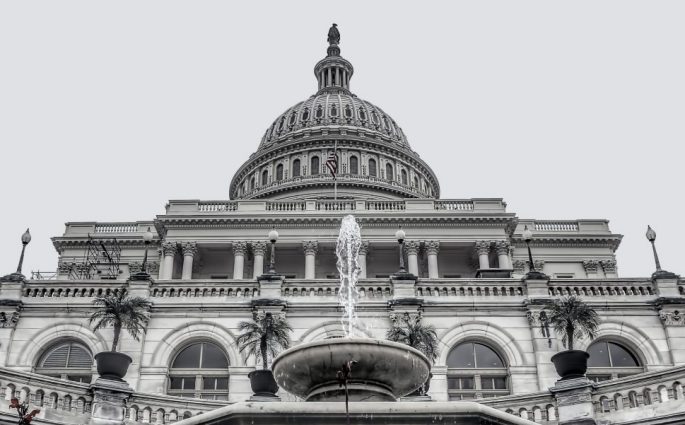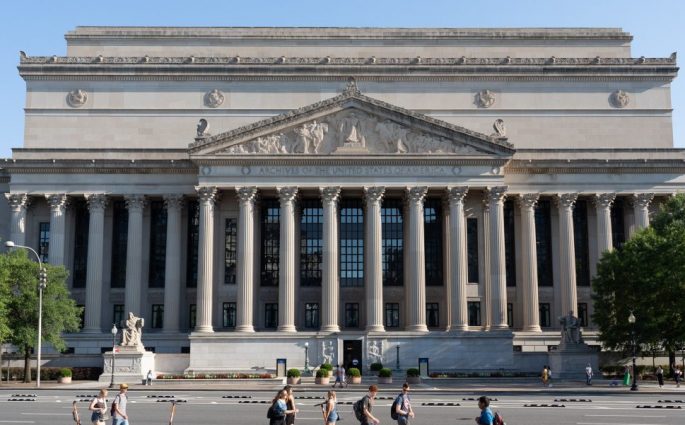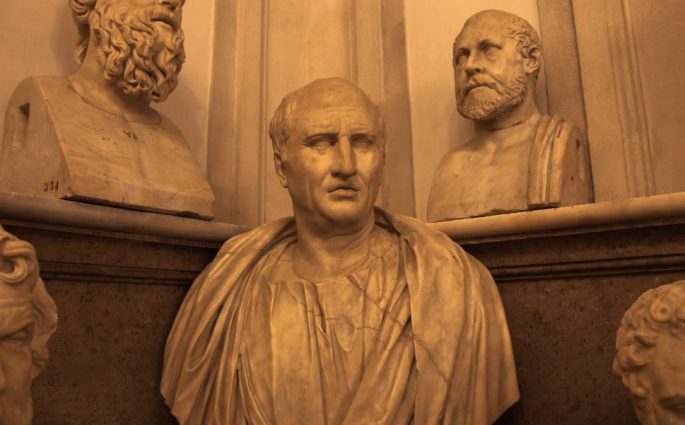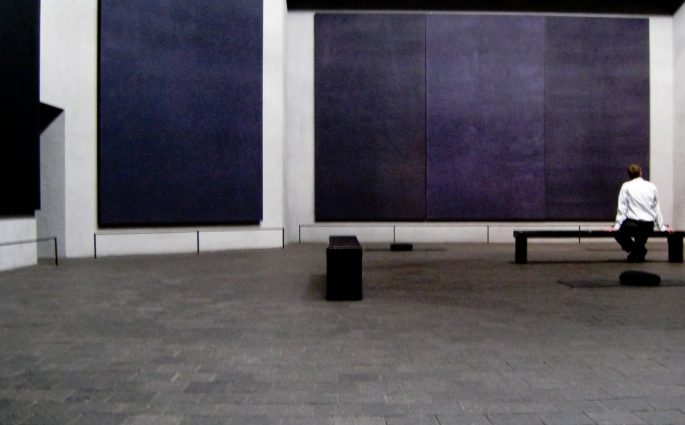The Problem of the Future
Sebastian Rosato— The problem of the future is one of both access and reliability. There is simply no way for states to access firsthand information about each other’s future intentions. The reason is that the future does not yet exist. As one author points out, “No man can have in









